
Turning Alone Time Into an Adventure
July 22, 2019 in Be Positive
 Summer can be a lonely time. We may not get to see our friends from school everyday and a lack of structured activity can lead to long days spent alone at home. This can lead to a persistent feeling of isolation – it certainly has for me. As a college student, I have friends who live out of the state and return to their homes for the summer. I do have local friends, but planning activities with them is difficult – we have to navigate around our work and vacation schedules, and more often than not, our plans fall through. For a while, I felt hopeless about this situation. How could I ease this heavy loneliness when it was nearly impossible to see my friends? I talked to my therapist about this, and she suggested that simply getting out of the house and going someplace new could help.
Summer can be a lonely time. We may not get to see our friends from school everyday and a lack of structured activity can lead to long days spent alone at home. This can lead to a persistent feeling of isolation – it certainly has for me. As a college student, I have friends who live out of the state and return to their homes for the summer. I do have local friends, but planning activities with them is difficult – we have to navigate around our work and vacation schedules, and more often than not, our plans fall through. For a while, I felt hopeless about this situation. How could I ease this heavy loneliness when it was nearly impossible to see my friends? I talked to my therapist about this, and she suggested that simply getting out of the house and going someplace new could help.
I tried this out for myself, and I’ve had great results! I started by visiting local coffee shops, which have an atmosphere of focus and motivation for me. I’ve made some great strides in my writing while I’m at these cafés, and since I’m around the other customers, I don’t feel so isolated. I’ve also engaged in  some people-watching and reflection. Everyone has a different reason for being at the café; some might be on a lunch break, some might be there for a job interview, some might be catching up with an old friend. It’s a place where different stories intersect for a time, and something about that just warms my heart.
some people-watching and reflection. Everyone has a different reason for being at the café; some might be on a lunch break, some might be there for a job interview, some might be catching up with an old friend. It’s a place where different stories intersect for a time, and something about that just warms my heart.
I then expanded my travel list to places I pass through but don’t really linger in. I’ve sat in libraries, where I’m usually in and out quickly once I find the books I need, and parks that I often drive by but never visit. Seeing these familiar spaces in a new way has made me more mindful of my surroundings – there are so many things we miss in our busy lives, and spending some time alone in one of these places can be quite exciting as you discover new things about them!
I’m continuing to visit new places on my excursions, and it’s a very powerful way to combat the isolation I feel at home. If you’re feeling stifled by long hours at home, try visiting someplace new or going to a public space and observing your surroundings. There are so many things you’ll learn about both new and familiar spaces, and there’s bound to be other people around, so you’re not really alone!
Are there any places around you that you’ve wanted to visit and spend time in? What do you to make you feel less isolated, especially during the summer?




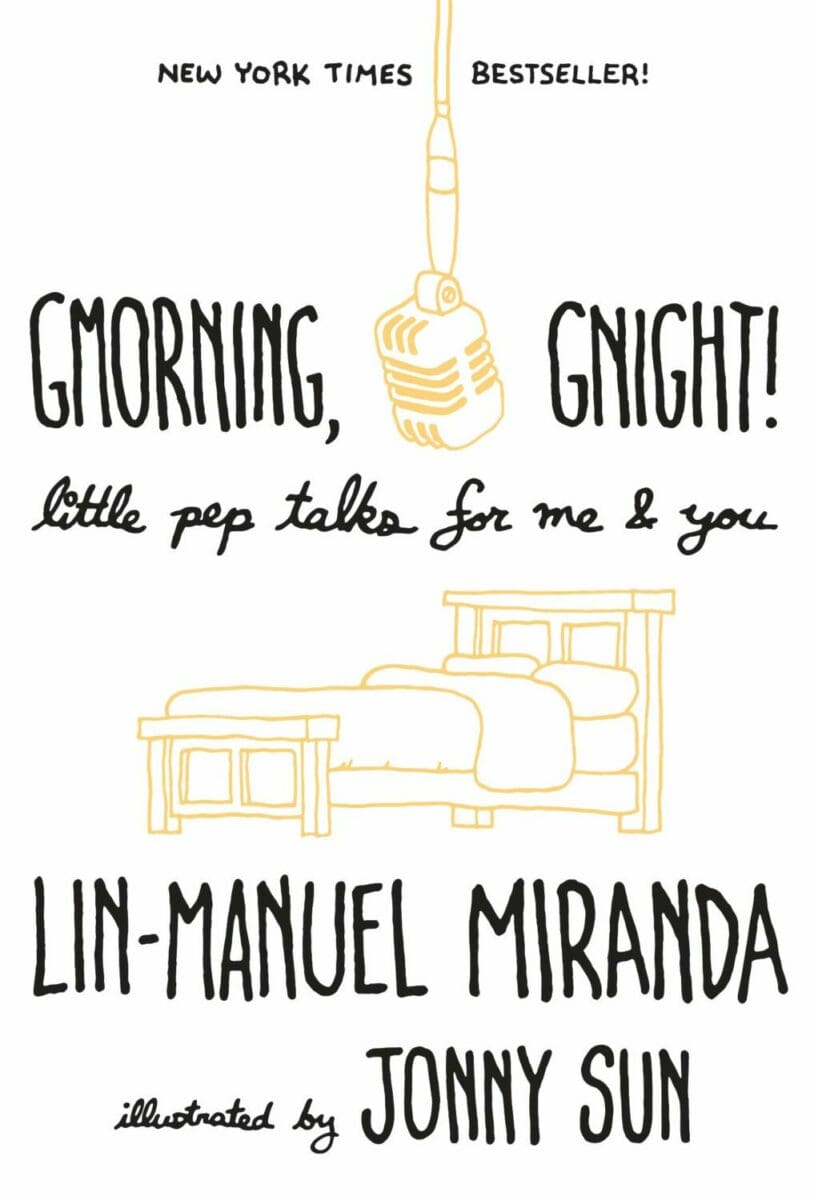


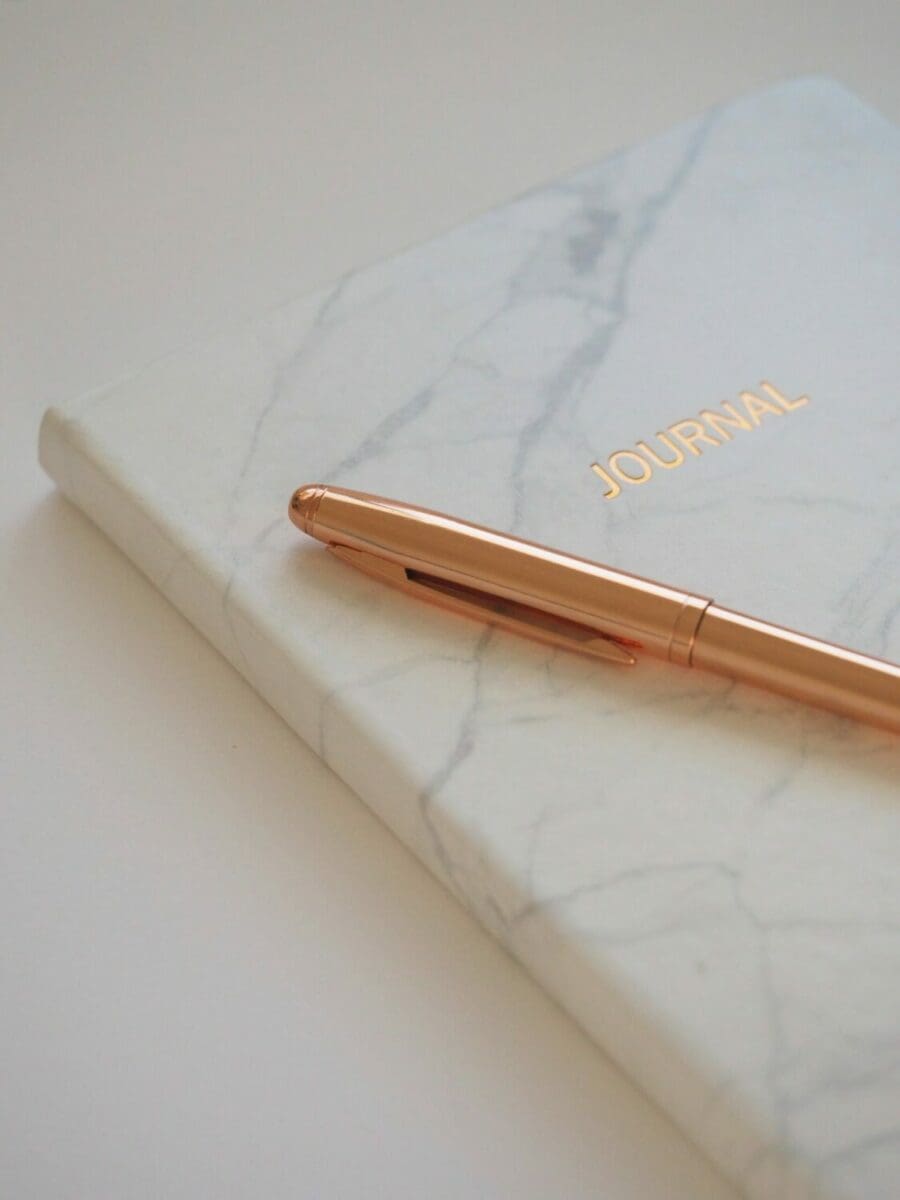









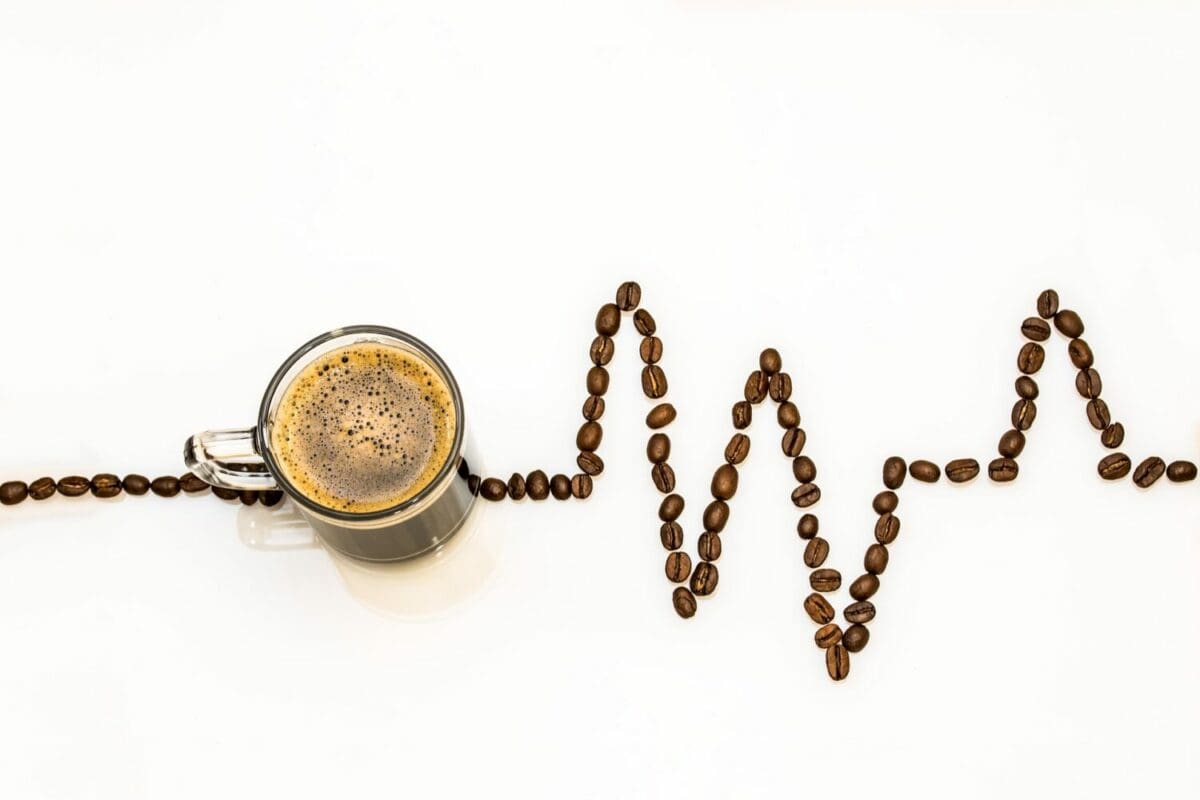
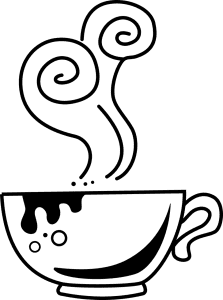
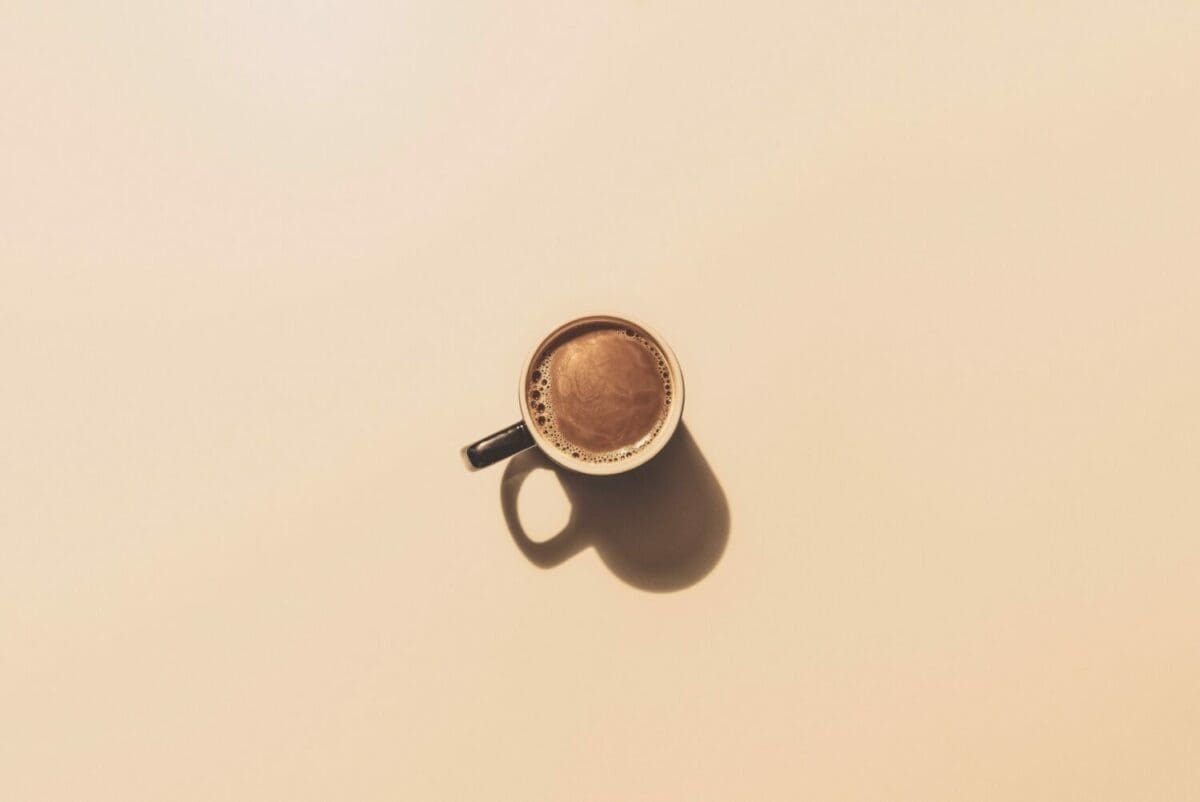

 There is evidence that hot beverages can “warm” you up in other ways as well.
There is evidence that hot beverages can “warm” you up in other ways as well. 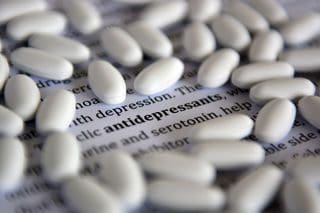
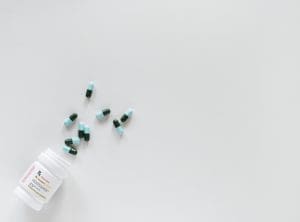 I was about four years into my battle with depression when I began taking Lexapro. I had been in and out of therapy in the preceding years, and each therapist I visited asked if I’d be interested in taking medication if my condition warranted it. I always said yes, but my mother was less enthusiastic about the prospect of me taking antidepressants. “You don’t want to rely on meds,” she would say. “They mess with your mind.” Needless to say, she wasn’t thrilled when I decided to try an antidepressant. She thought they would be a temporary fix that would get me through a rough patch, and then I would wean myself off them. And for a while, I believed this, too.
I was about four years into my battle with depression when I began taking Lexapro. I had been in and out of therapy in the preceding years, and each therapist I visited asked if I’d be interested in taking medication if my condition warranted it. I always said yes, but my mother was less enthusiastic about the prospect of me taking antidepressants. “You don’t want to rely on meds,” she would say. “They mess with your mind.” Needless to say, she wasn’t thrilled when I decided to try an antidepressant. She thought they would be a temporary fix that would get me through a rough patch, and then I would wean myself off them. And for a while, I believed this, too. subjects who took the antidepressant saw greater relief than those who took the placebo, proving that medication is an effective way to treat depression. There are biological factors involved in depression, such as neurotransmitter behavior, and medications work to correct these factors. It’s very similar to taking medication for a chronic physical illness – over time, it makes the condition more manageable.
subjects who took the antidepressant saw greater relief than those who took the placebo, proving that medication is an effective way to treat depression. There are biological factors involved in depression, such as neurotransmitter behavior, and medications work to correct these factors. It’s very similar to taking medication for a chronic physical illness – over time, it makes the condition more manageable.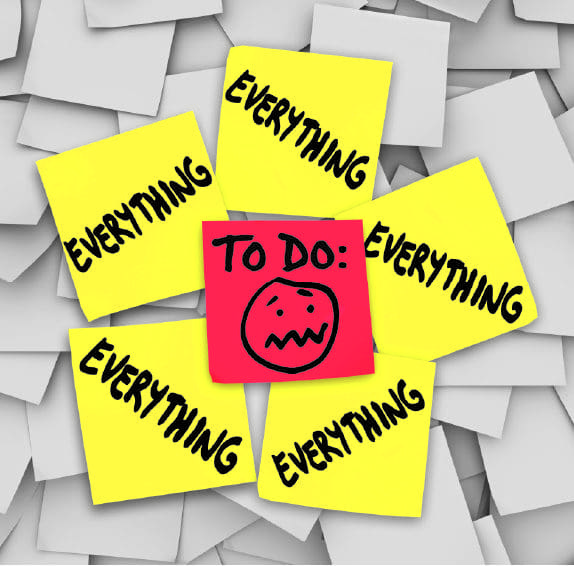
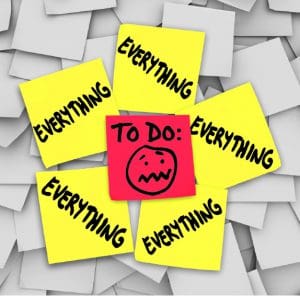 Teens today are busier than ever before. Between school, activities, sports, work, and social events, it seems like we’re always on the go! While it’s good to have a few enjoyable events on your calendar throughout the week, there often comes a point where it’s too much. Overscheduling can contribute to many compounding physical and mental health problems, and it’s important to take a step back and see how you can modify your schedule to meet your health needs.
Teens today are busier than ever before. Between school, activities, sports, work, and social events, it seems like we’re always on the go! While it’s good to have a few enjoyable events on your calendar throughout the week, there often comes a point where it’s too much. Overscheduling can contribute to many compounding physical and mental health problems, and it’s important to take a step back and see how you can modify your schedule to meet your health needs. The pressure to succeed, at least in my experience, is one of the greatest contributors to overscheduling. Teenagers want to build up impressive resumes for college applications, so they commit themselves to a long list of activities. But while this looks good on paper, it can take a serious toll on their physical and mental health. Sleep deprivation and excessive stress are two of the most obvious signs of an overbooked schedule, and they can worsen the effects of mental illness. So what can you do if you find that your schedule is too busy? Here are some tips:
The pressure to succeed, at least in my experience, is one of the greatest contributors to overscheduling. Teenagers want to build up impressive resumes for college applications, so they commit themselves to a long list of activities. But while this looks good on paper, it can take a serious toll on their physical and mental health. Sleep deprivation and excessive stress are two of the most obvious signs of an overbooked schedule, and they can worsen the effects of mental illness. So what can you do if you find that your schedule is too busy? Here are some tips:
Recent Comments